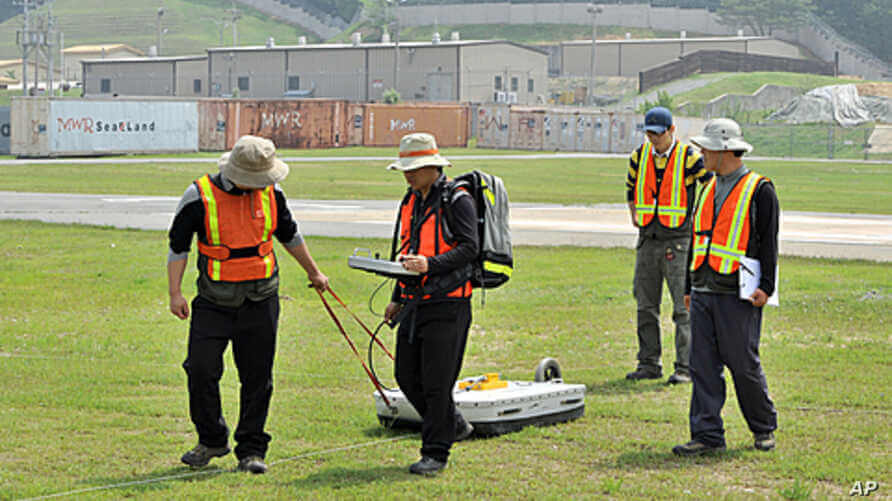Fraud investigations are complex processes that require careful examination of various factors. The duration of a fraud investigation can vary significantly depending on the nature of the fraud, the type of investigation being conducted, and the resources available to the investigators. As fraud cases can be intricate, with numerous leads and pieces of evidence, understanding the timeline of such investigations is crucial for both victims and those accused of fraud.
In many cases, victims of fraud are left wondering how long they must wait for justice to be served. The length of time it takes for a fraud investigation to conclude can have a profound impact on the lives of those involved. Knowing the typical timelines and factors influencing these investigations can provide clarity and peace of mind to individuals affected by fraudulent activities.
This article aims to explore the question of "how long does a fraud investigation take," providing insights into the various phases of an investigation, what affects the duration, and tips on what to do during this stressful time. Whether you are a victim, an accused party, or simply curious about the process, this guide will equip you with essential knowledge.
What Is a Fraud Investigation?
A fraud investigation involves the examination and analysis of evidence related to fraudulent activities. This can include financial records, digital traces, and witness statements. The goal is to uncover the truth behind the allegations and determine whether fraud has occurred.
What Are the Common Types of Fraud Investigations?
Fraud investigations can take many forms, including:
- Insurance Fraud Investigations
- Financial Fraud Investigations
- Corporate Fraud Investigations
- Identity Theft Investigations
How Long Does a Fraud Investigation Typically Take?
The duration of a fraud investigation can range from a few weeks to several months or even years, depending on various factors. On average, a straightforward fraud investigation might take anywhere from 30 to 90 days. However, more complex cases may extend much longer.
What Factors Influence the Duration of a Fraud Investigation?
Several factors can impact how long a fraud investigation takes. Key elements include:
- Complexity of the Fraud: More intricate schemes require more time to dissect.
- Amount of Evidence: A larger volume of evidence can prolong the review process.
- Availability of Resources: The number of investigators and their expertise can speed up or slow down the process.
- Cooperation from Involved Parties: Willingness to provide documentation and statements can expedite the investigation.
What Are the Phases of a Fraud Investigation?
Understanding the phases of a fraud investigation can shed light on the overall timeline. The main phases typically include:
- Initial Assessment: Evaluating the credibility of the claim.
- Evidence Collection: Gathering relevant documents and statements.
- Analysis: Analyzing the collected evidence for patterns and discrepancies.
- Reporting: Compiling findings into a report to present to stakeholders.
What Should You Do During a Fraud Investigation?
If you are involved in a fraud investigation, whether as a victim or as a person of interest, consider the following steps:
- Stay Informed: Keep track of the investigation's progress.
- Gather Evidence: Collect any documentation that may support your case.
- Consult Legal Advice: Seek help from professionals if needed.
- Be Cooperative: Provide necessary information to investigators.
How Can You Prepare for a Fraud Investigation?
Preparation can make a significant difference in the outcome of a fraud investigation. Here are some tips:
- Document Everything: Keep detailed records of relevant information.
- Understand Your Rights: Familiarize yourself with legal aspects related to fraud.
- Communicate Clearly: Make sure any interactions with investigators are clear and accurate.
- Consider Professional Help: Engaging with forensic accountants or fraud examiners can provide valuable insights.
What Happens After a Fraud Investigation Is Concluded?
Once a fraud investigation is completed, several outcomes may arise:
- If fraud is confirmed, legal action may be taken against the perpetrator.
- Victims may seek restitution or compensation.
- In some cases, the findings may lead to policy changes within organizations to prevent future fraud.
In Conclusion, How Long Does a Fraud Investigation Take?
The duration of a fraud investigation can vary widely based on numerous factors. While some investigations may be resolved quickly, others can drag on for months or even years. Ultimately, being proactive, informed, and cooperative during this process can lead to a more efficient resolution.
You Might Also Like
Exploring The Cosmos: The Best Books On AstrophysicsExploring The Treech Meaning: A Journey Through Language And Culture
Mastering The Art Of Mixing HGH: A Comprehensive Guide
Exploring The Distance Between Denver And Aspen: A Journey Through Colorado's Scenic Landscapes
Nose Surgery For Wide Nose: A Path To Confidence
Article Recommendations


